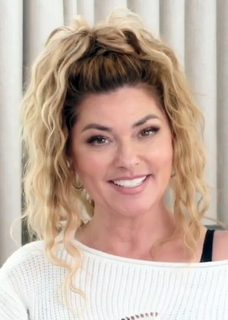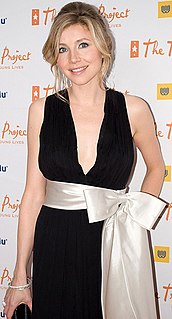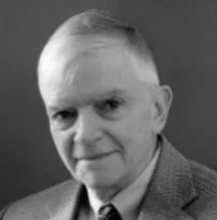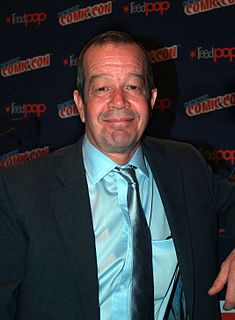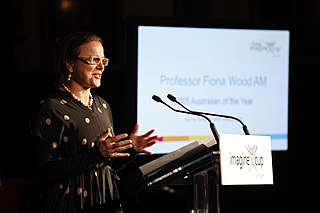A Quote by Eric Schlosser
So for everything I do, I'm very clear about what I'm doing, and I tell people what it's about. They get a sense of what I'm thinking. I don't let people think I'm going to write something in praise in the meatpacking industry, and then they read it and it's actually attacking the meatpacking industry.
Related Quotes
I think people are much more concerned about money now. There aren't the big advances of the past. You feel the sense of nervousness about the book industry. It's not like before. Not that I knew very much about what it was like because I was a newcomer to it, but I get that feeling that people are more conservative in their book choices and what they are going to publish and what's a sure sell. As opposed to - just like in the economy - a sense of luxury and sense of risk taking ten years ago.
I don't have to worry about what people are thinking and what's going on in the industry. I don't want that stuff to influence what I'm doing. Because I think it stifles you creatively. I don't want to have to care too much about that. All I care about is what the fans think. It's really all I care about, honestly.
When doing a series, I look for something that has an idea you can think about, something that I'm noticing and aware of and thinking about, because when you're doing a series, you think about more than just jokes... you know, when you're doing a comedy, you think about what's going to reflect people's experiences, in a way.
I have been so blessed not only to talk about things that I want to talk about in my industry, but also to have a platform - and people want to hear about it. People want the change; people want the difference; people want to know what's going on. People want to see themselves in the industry that for so long has ostracized girls of my size.
The fact that we're at a point today where anybody, anywhere can put a comic book together and get it in front of the entire planet without spending a dime on printing and distribution - that's the good thing, and I think that's what's going to save [the comics industry]. These young people who have nothing to do with the industry we're in, just going out there and doing their own work and putting it out there, letting people respond to it.
if I could tell my very-younger self something, I would tell him to let loose more often. I think it all roots in sexuality, but because of that, I became so worried about everything — worried about what people thought. I was afraid to be creative and charismatic and eccentric. Just to do things to do things, like dancing. I was afraid of looking too flamboyant or something. I would tell myself to stop being so stressed about what other people are thinking. Stop being so afraid that something may not come off the right way.
Being able to influence the outcome, being able to do something about it, to be able to stop the bleeding. You're not being useful if you're just standing there going "Oh, that's awful!" You're only useful if you actually do something about it and I think that goes for everything. If you actually do something about what's in front of you, then you are actually contributing and you haven't got time to be self-centred or sorry for yourself. You should be doing something about the person you really should feel sorry for.
And it's kind of my own fault too, in the sense that I've used my own life as a literary device so much. I think people feel very comfortable reviewing the idea of me, as opposed to what I've actually written. I find that most of the time, when people write about one of my books, they're really just writing about what they think I may or may not represent, as sort of this abstract entity. Is that unfair? Not really. If I put myself in this position where I'm going to kind of weave elements of memoir into almost everything, well, I suppose that's going to happen.
When we started Nowhere, maybe the fashion industry recognized something was happening, but they just thought, Oh, those kids . . . whatever. They didn't know what was actually going on with us. Now we are those people in a sense - the current establishment. So I hope there's something happening that is new and independent that we know nothing about.
I realized doing this work, identifying either issues or challenges or thinking about opportunities to actually impact people's lives, I could actually make things better, and bringing people around the table for solutions was something I liked doing and was actually something I was able to do fairly well.
I often tell people who want to write historical fiction: don't read all that much about the period you're writing about; read things from the period that you're writing about. There's a tendency to stoke up on a lot of biography and a lot of history, and not to actually get back to the original sources.



